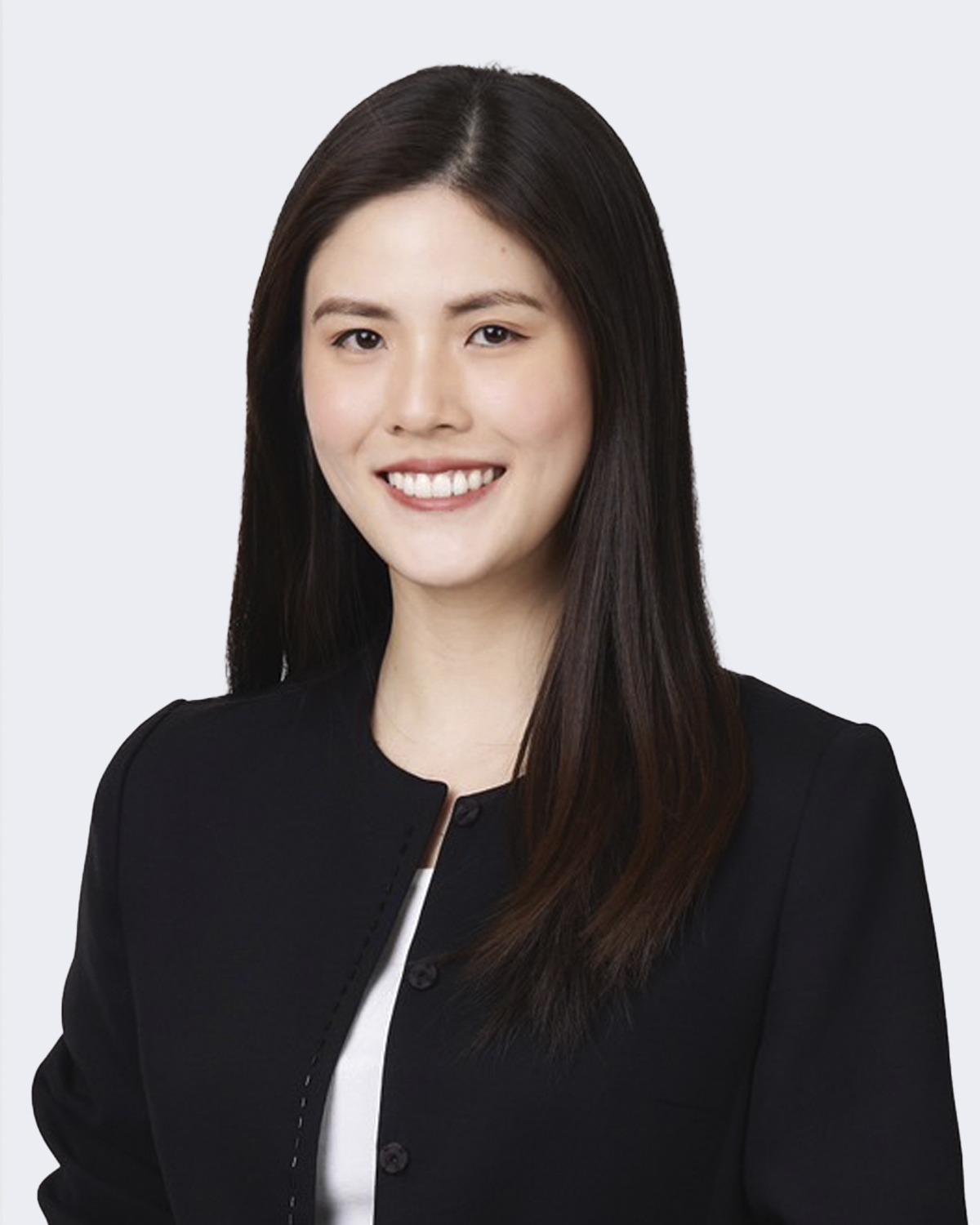
As part of the ASEAN Economic Community’s Harmonization Plan, ASEAN member states collectively agreed to accede to the Protocol on the Madrid Agreement Concerning the International Registration of Marks (Madrid Protocol), an existing system for the registration of trademarks.
The Madrid Protocol is administered by the World Intellectual Property Organization (WIPO). It provides a cost-effective and efficient means for trademark owners to obtain protection for their marks in multiple countries through filing one application, called an “international application,” at a single trademark office, in one language, and with one set of fees.
The Madrid Protocol eliminates the high filing costs normally associated with filing separate national applications in each jurisdiction in which protection is sought. Renewals and recordals of changes of the proprietor’s name or address can all be done centrally at WIPO.
Thailand’s Trademark Act was recently amended to allow the country to accede to the Madrid Protocol, and the amended Act entered into force on July 28, 2016. The Department of Intellectual Property (DIP) is in the process of drafting Ministerial Regulations that will allow Thailand to become a member of the Madrid Protocol, and it is preparing a new team of Trademark Registrars who will be responsible for taking charge of filing international applications at WIPO and examining international registrations from WIPO that designate Thailand.
According to the Madrid Protocol and WIPO, an international application will proceed through the following three main stages.
Stage 1: Application through the Office of Origin or DIP
For a Thai applicant, a pending Thai trademark application or registration is a prerequisite for filing an international application under the Madrid Protocol. After the international application based on the Thai application/registration is submitted, the DIP certifies the information in the international application, such as the mark, goods or services, and so on. The DIP then forwards the application to WIPO.
The applicant may extend their protection by requesting to designate jurisdictions that are part of the Madrid Protocol in the international application or subsequently after receiving the international registration.
Stage 2: Formal Examination by WIPO
WIPO conducts a formal examination to check whether the application complies with the requirements of the Madrid Protocol. If there are any irregularities, the applicant will be notified. The irregularities need to be remedied within three months; otherwise, the application will be treated as abandoned, the application process will end, and the trademark will not be registered. In this situation, the filing fees will not be refunded.
If everything is in order, the application is recorded in the International Register, and it is published in the WIPO Gazette of International Marks. WIPO will then send the applicant a certificate of international registration and notify the other trademark offices in the jurisdictions where the applicant has chosen to extend the protection of the mark. This does not mean the trademark has been registered in the designated jurisdictions. Each respective trademark office determines whether the mark can be registered in its country, usually through substantive examination of the application and publication to allow third parties to oppose the application.
Stage 3: Substantive Examination by the Trademark Offices of Designated Jurisdictions
The application passes through substantive examination at the trademark offices of the jurisdictions that the applicant designated, in the same way as an application filed directly in each country. Refusal of the application, together with a statement of all grounds, must be notified to WIPO within a certain time limit—12 or 18 months, depending on the jurisdiction.
If there are any procedures after the refusal, such as a response to an opposition, an appeal, or a hearing, they will be handled between trademark offices and the applicant directly. WIPO will not get involved in these procedures. On the other hand, theoretically, if the application is accepted, a statement that protection of the mark has been granted will be sent to WIPO, which will later be published in the Gazette. The international registration is valid for a period of ten years, with the possibility of renewal.
However, if the international registration is based on a Thai application that has not been granted registration, or if it is based on a Thai registration that is cancelled in the first five years after registration, the rights granted under the international registration will be extinguished—a process called a “central attack.” If this occurs, the international registration will be cancelled. It is possible to transform an international registration into national applications in each designated country, but these transformations may face reexamination by each designated jurisdiction’s trademark office.
There are other hurdles in using this system as well. For example, the Madrid Protocol does not allow applicants to reclassify goods or services in a designated country once the application is accepted by WIPO. In some countries, such as the United States and the Philippines, the applicant would need to file a Declaration of Use and Evidence of Use within a certain period of time—otherwise the registration would be invalid, which is different from Thai practice.
As there are a number of challenges in using this system, before filing an application through the Madrid Protocol, trademark owners should consult an intellectual property lawyer to review the applications and conduct any precautionary measures to fully utilize the system. Thai IP lawyers who have experience filing trademark applications in foreign countries understand the nuances of filing applications in designated foreign countries. Consulting an experienced IP lawyer will help identify any potential risks in filing a Madrid Protocol application and avoid unnecessary expenses.
Despite its challenges, the Madrid Protocol is a good alternative trademark system for businesses of all sizes to protect their trademarks in foreign markets through a centralized, cost-effective means. It also promotes foreign investment, as it gives businesses confidence that their valuable trademarks will be protected. This will, in turn, enhance competitiveness in ASEAN and international markets.

